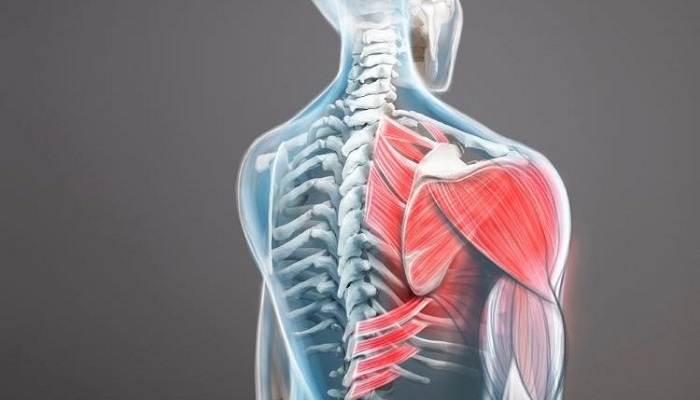One of the university hospitals in Germany was the first in the world to effectively treat a patient with a severe case of muscular inflammation (myositis) using chimeric antigen receptor CAR-T cells.
The danger of acquiring an extremely severe form of an autoimmune inflammatory illness is significant, according to the researchers. The patient who underwent the CAR-T treatment was identified as having the anti-synthetase syndrome. The disease, according to the paper’s authors, arises when the immune system mistakenly attacks aminoacyl-tRNA synthetases, enzymes needed for the synthesis of amino acids.
CAR-T Cell Therapy For Muscular Inflammation
Professor Andreas Mackensen from Hematology and Oncology described CAR-T cells as immune cells that have been taken out of the patient’s blood and genetically altered to carry a CAR. Once the cells have been reintroduced to the patient’s body, the CAR enables the altered immune cells to target only the disease-causing cells.
Own immune cells from the patients were altered by the researchers. The patient’s health significantly improved following the CAR-T cell infusion, the researchers reported. The patient’s strength and stamina returned, and the muscle inflammation in their joints and lungs nearly completely subsided.
Professor Dr. Georg Schett, Director of the Department of Medicine 3 for Rheumatology and Immunology, stated that autoimmune inflammatory muscle illnesses may end catastrophically if they are discovered either at a later stage or patients fail to react appropriately to medicines intended to suppress the immune system.
Dr. Fabian Muller emphasized that the patient stopped taking all immune-suppressive medications without experiencing a flare-up of the illness. The patient had made a recovery from the disease six months after getting the CAR-T cells, according to the researchers.
The German Research Foundation’s Joint Research Centers 1181 and 221 as well as the Free State of Bavaria’s High-Tech Agenda and the 4I Immunocluster Erlangen-Regensburg-Wurzburg have all contributed funding to the research conducted by professors Schett and Mackensen.
This is the second autoimmune condition that medical professionals and researchers at one of the university’s hospitals have successfully treated with CAR-T cell treatment. The first instance was when the cells were successful in treating systemic lupus erythematosus (SLE).
As part of the clinical Castle research, which will begin this year, additional patients with myositis or SLE will have the chance to benefit from CAR-T cell therapy.



















